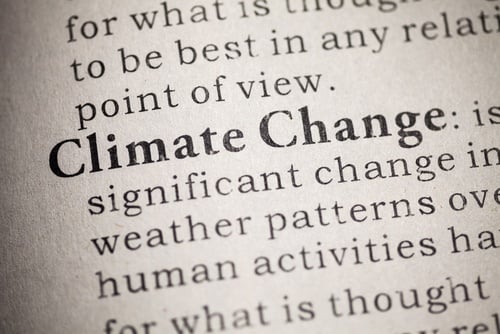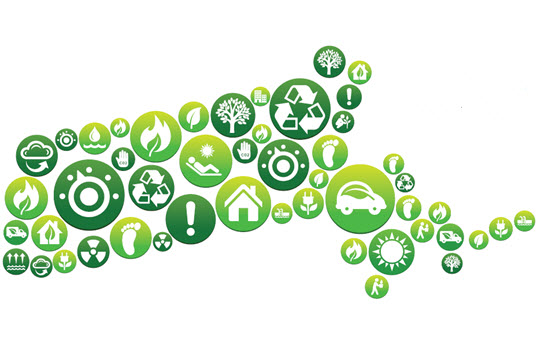Deja Vu: MA Passes Landmark Climate Change Bill

Massachusetts passed a long awaited and much debated climate change bill this week and sent it to Governor Healey’s desk Thursday afternoon.
It’s a sweeping bill, (which we covered in some detail here if you would like a refresher: No More Market Basket Bags - MA Votes on Renewables and Plastics) but some of the major takeaways are measures to speed up green energy permitting - including battery storage, solar fields, geothermal networks, and electric vehicle charging infrastructure.
In order to hit its climate goals, MA will need to seriously ramp up infrastructure projects for renewable energy, but the existing permitting process has been cited as a major factor in delays. The new climate bill would seek to overhaul the siting and permitting process to allow developers to move more quickly on projects, by moving the permits to a “master permit” setup, versus separated state and local permits to allow permitting to occur without running through multiple departments across multiple levels of government (a process which can take years under the current rules). It would also impose a maximum timeline for permit review and automatically grant permits in the event deadlines are not adhered to.
The change in permitting processes also focuses on community impact and Environmental Justice by attempting to give residents of site areas more input on final locations of buildouts. Part of this is supposed to be accomplished by the new agency established by the bill, the “Office of Environmental Justice and Equity”. This agency will work with communities to establish risks and benefits to the area and work to agree on preferred sites within areas, and whether community compensation for projects, or workforce agreements should be involved in each project depending on its scope and potential impact. (For a refresher on the establishment of Environmental Justice as a goal of the Mass climate policy, go here: MA Passes Landmark Climate Change & Environmental Justice Bill )
Simultaneously, the bill seeks to change the permitting process for fossil fuel infrastructure, specifically Natural Gas, to “constrain expansion”. One part of the changes to natural gas expansion includes a change to the reimbursement for repair of leaky pipes process – companies will now need to assess whether the area involved could be converted to electric or geothermal heat systems, versus being paid to repair or replace the issue with a gas line.
Two measures we have discussed previously failed to make the final bill. Namely, the proposed increase on bottle deposits and the expansion of covered bottles (adding alcohol, wine and non-carbonated beverages to the list of subject items) failed to be adopted in the final version. Additionally, the proposed ban on “Competitive Electric Suppliers” failed to be adopted into the final version. (You can read more in depth on that amendment and the issue it purported to address here: MA Bill seeks to ban Competitive Electric Suppliers )
Long story longer, the bill passed this week is the third in a series of major climate and environmental bills introduced in Massachusetts over the past several years, all of which are designed to help the state meet its carbon emission goals for 2030 and 2050. Under the Baker Administration, Massachusetts adopted a goal of net zero emissions by 2050, but technically the goal was not legally binding, so in effect the series of bills we have seen are meant to codify and set goalposts into law that move the State toward hitting its Climate goals in time.

